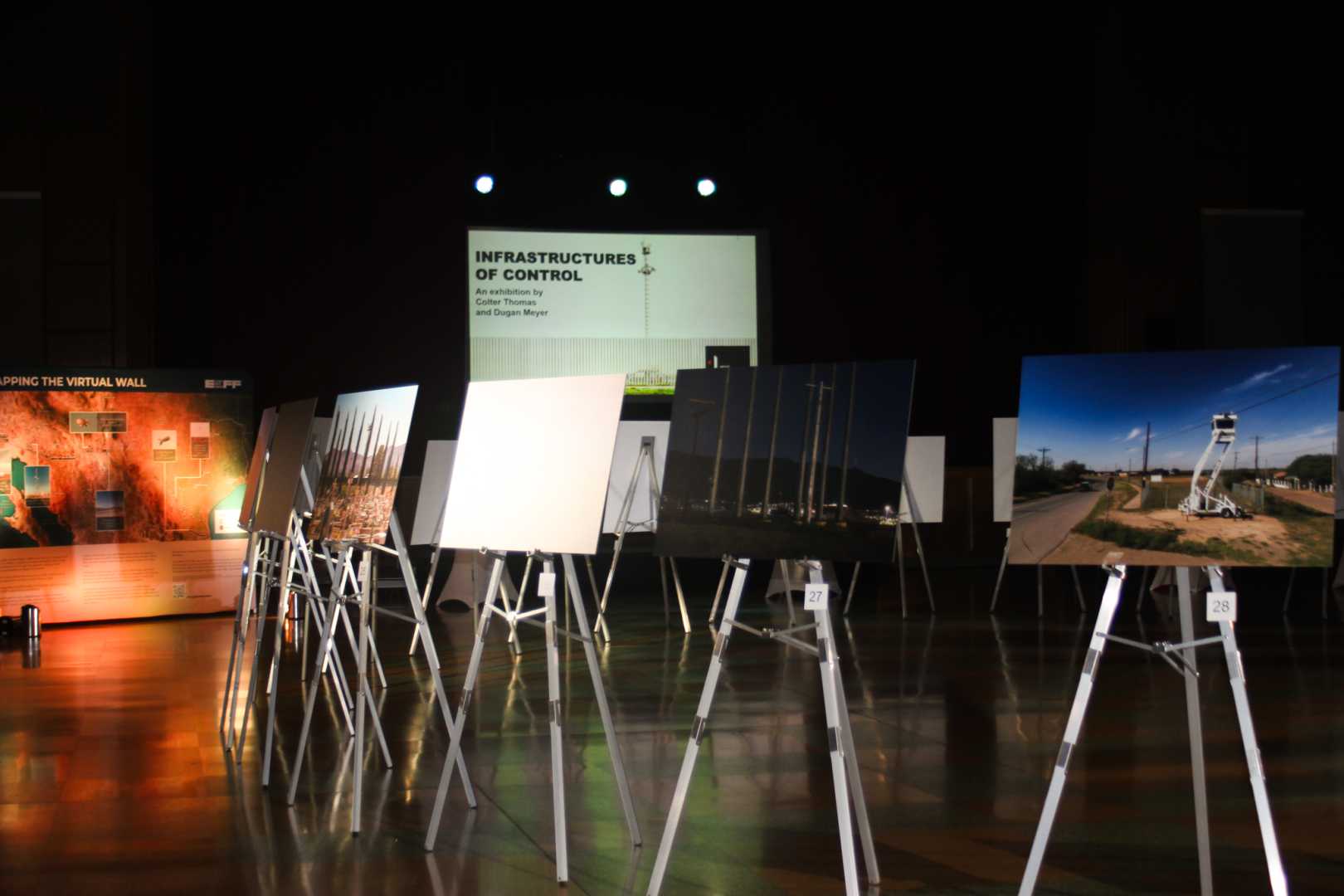News
Knight First Amendment Institute Hosts Symposium on Global Exchange of Ideas

The Knight First Amendment Institute at Columbia University recently hosted a significant event titled “Regardless of Frontiers: The First Amendment and the Exchange of Ideas Across Borders.” Held at Riverside Church, this symposium brought together esteemed speakers to discuss the critical role of the First Amendment in facilitating the global exchange of ideas.
The event highlighted the importance of free speech, press freedom, and the right to assemble and petition the government, all of which are enshrined in the First Amendment of the U.S. Constitution. The symposium featured discussions on how these rights are essential for maintaining a vibrant and democratic society, both within the United States and internationally.
Speakers at the event included Jameel Jaffer, the executive director of the Knight First Amendment Institute, who emphasized the need to protect and promote these fundamental rights in an increasingly interconnected world. The symposium also included an exhibition that showcased the historical and contemporary significance of the First Amendment in fostering a culture of open dialogue and free expression.
In related developments, there has been ongoing debate about the interpretation and application of the First Amendment. For instance, Dr. Mary Anne Franks has recently published a book challenging traditional First Amendment orthodoxy and advocating for a distinction between “reckless speech” and “fearless speech,” highlighting the need for a more nuanced approach to free speech protections.
The Supreme Court has also grappled with the nuances of the First Amendment, particularly in distinguishing between the protections afforded to the press and those to the general public. While the Court has recognized the critical role of the press in American society, it has not granted the press special privileges that are not available to other members of the public, except in cases where laws specifically target the press.












